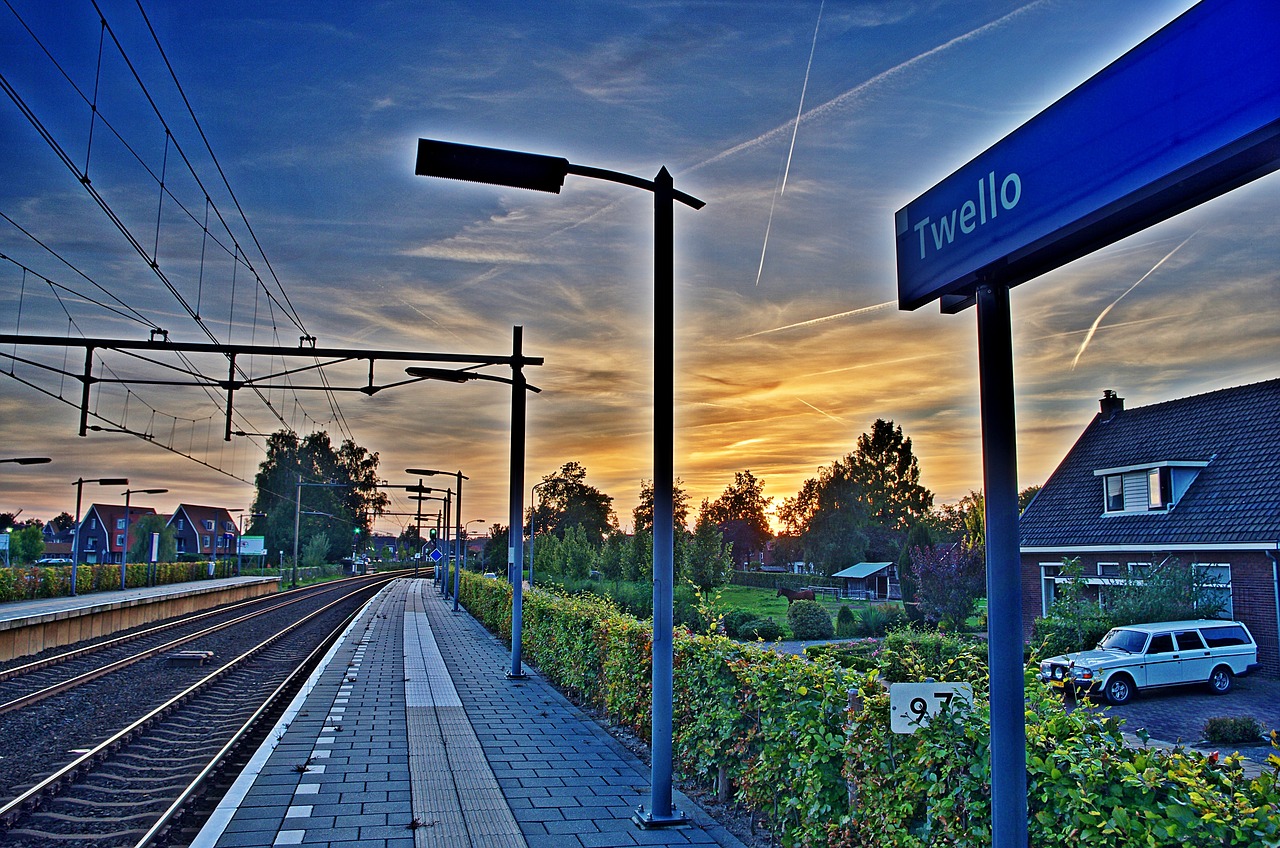The Future of Smart Home Technology: Predictions and Trends
11xplay sign up, laser247 com, world777 register: The Future of Smart Home Technology: Predictions and Trends
Smart home technology has come a long way in recent years, revolutionizing the way we live and interact with our homes. From voice-controlled virtual assistants to smart thermostats and security systems, the possibilities for automating our homes are endless. As technology continues to advance at a rapid pace, what can we expect to see in the future of smart home technology? In this article, we’ll explore some predictions and trends that are shaping the future of smart homes.
The Rise of Artificial Intelligence
Artificial intelligence (AI) is already making waves in the world of smart home technology, and its influence is only set to grow. With AI-powered virtual assistants like Amazon Alexa and Google Assistant becoming increasingly common in homes, the possibilities for smart home automation are expanding. In the future, we can expect to see AI algorithms that better understand our habits and preferences, allowing our smart devices to anticipate our needs and respond proactively.
Smart Devices Working Together
One of the biggest challenges with smart home technology has been the lack of interoperability between different devices and systems. However, as industry standards like Zigbee and Z-Wave gain traction, we can expect to see more seamless integration between smart devices from different manufacturers. This means that your smart thermostat will be able to communicate with your smart lights, security cameras, and appliances, creating a truly interconnected smart home ecosystem.
Enhanced Security and Privacy Measures
As our homes become increasingly connected, the need for robust security and privacy measures becomes even more critical. In the future, we can expect to see advances in biometric authentication, encryption technologies, and decentralized data storage to ensure that our smart homes are secure from hackers and data breaches. Manufacturers will also need to prioritize transparent data practices and give users greater control over how their personal information is used.
Energy Efficiency and Sustainability
With growing concerns about climate change and sustainability, the future of smart home technology will focus on energy efficiency and environmental impact. Smart thermostats, energy-monitoring devices, and solar panels are just a few examples of how smart homes can help reduce energy consumption and lower carbon footprints. In the future, we can expect to see more advanced energy management systems that optimize energy usage based on real-time data and user preferences.
Augmented Reality and Virtual Reality Integration
One exciting trend in the future of smart home technology is the integration of augmented reality (AR) and virtual reality (VR) technologies. AR and VR can enhance the way we interact with our smart devices by providing immersive experiences and virtual interfaces. For example, AR glasses could display real-time information about our appliances or home systems, while VR simulations could allow us to visualize home renovations or interior design changes before committing to them.
Voice-Controlled Everything
Voice-controlled virtual assistants have already become a staple in many smart homes, but their capabilities are only set to expand in the future. From controlling lights and thermostats to ordering groceries and scheduling appointments, voice commands will play an even more significant role in how we interact with our smart devices. As natural language processing algorithms improve, virtual assistants will become more conversational and intuitive, making them even more indispensable in our daily lives.
Conclusion
The future of smart home technology is bright, with exciting advancements on the horizon that will continue to enhance our lives and homes. From AI-powered virtual assistants to seamless device integration and enhanced security measures, the possibilities for smart homes are endless. As technology continues to evolve, it’s essential for manufacturers to prioritize user privacy and data security while also focusing on energy efficiency and sustainability. By embracing these trends and innovations, we can look forward to a future where our homes are more connected, intelligent, and efficient than ever before.
FAQs
Q: How secure are smart home devices?
A: Smart home devices can vary in terms of security measures, but it’s essential to choose devices from reputable manufacturers that prioritize security and regularly release software updates to patch vulnerabilities.
Q: Will smart home technology replace traditional home devices?
A: While smart home technology is becoming more prevalent, traditional home devices are unlikely to be completely replaced. Instead, smart devices will complement and enhance our existing home systems.
Q: How can I get started with smart home technology?
A: To get started with smart home technology, consider investing in a smart hub or virtual assistant, such as Amazon Alexa or Google Assistant, and slowly integrate smart devices like smart lights, thermostats, and security cameras into your home.







